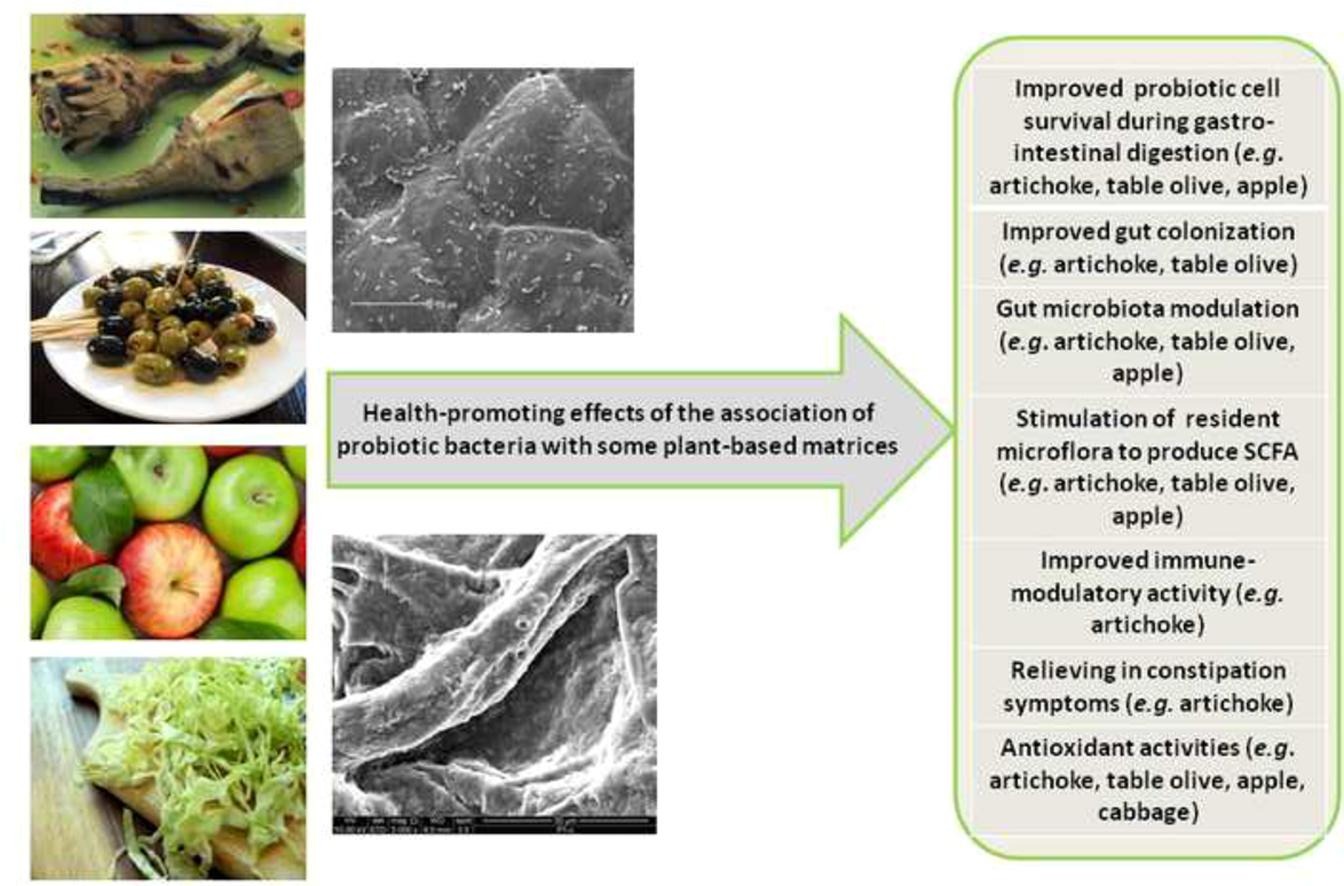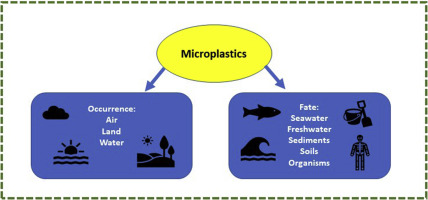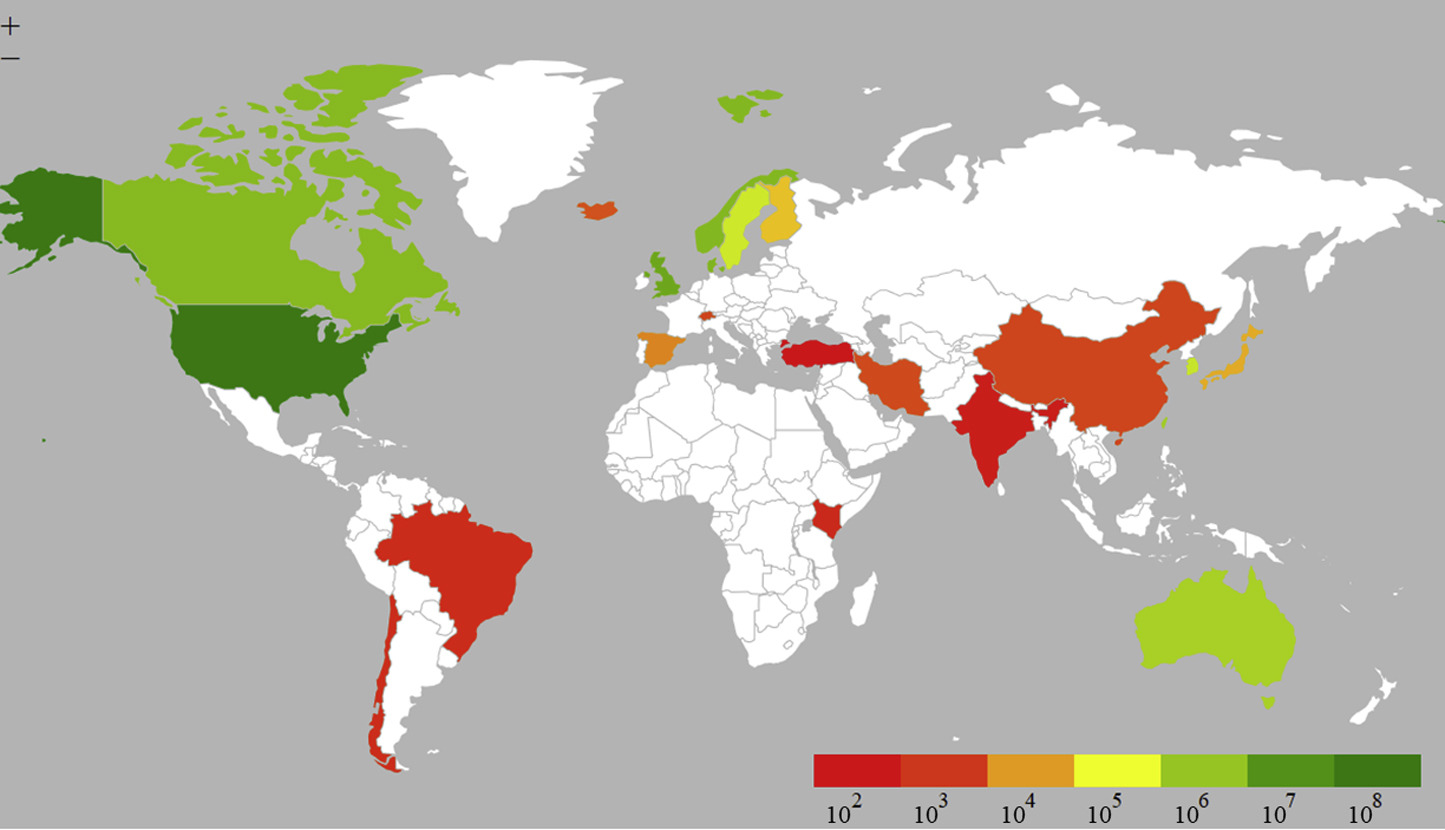Studies in History and Philosophy of Science, Volume 90, December 2021
It has now been more than thirty years since Joan Wallach Scott (1986) argued that gender is a legitimate and necessary category of historical analysis that applies to all fields, including genetics. In the intervening years, a substantial body of work has appeared that adds women to the historiography of genetics. While this is a necessary component for including gender as a category of analysis in genetics, it is not sufficient.
Journal of Functional Foods, Volume 87, December 2021
The performance of probiotic bacterial strains is influenced by the carrier food and its functional components which while buffering the probiotic through the gastro-intestinal tract, contribute to an efficient implantation of bacterial cells and regulate probiotic features. Particularly, plant-based matrices are eligible substrate for hosting and delivering microbial populations because of their richness in nutrients, fibers, vitamins, minerals and dietary bioactive phytochemicals.
Digital Signal Processing: A Review Journal, Volume 119, December 2021
The field of digital histopathology has seen incredible growth in recent years. Digital pathology is becoming a relevant tool in healthcare, industrial and research sectors to reduce the saturation of pathology departments and improve the productivity of pathologists by increasing diagnostic accuracy and reducing turnaround times. Artificial Intelligence (AI) algorithms may be used for the identification of relevant regions, extraction of features from a histological image and overall classification of images into specific classes.
Journal of Contaminant Hydrology, Volume 243, December 2021
The Lancet Global Health, Volume 9, December 2021
Current Opinion in Green and Sustainable Chemistry, Volume 32, December 2021
Microplastics (MPs) are found in all conceivable media from air, sediments, soils, freshwater, seawater, and organisms, including humans. This paper emphasizes current advances in the study of MPs and presents a review of recent two years of literature on the occurrence and fate of these particles in the environment. The occurrence and fate of MPs are affected by their characteristics and interaction with the media in the environment, including particle mobility and transport processes.
CJC Open, Volume 3, Issue 12, December 2021
Biomarkers in Neuropsychiatry, Volume 5, December 2021



